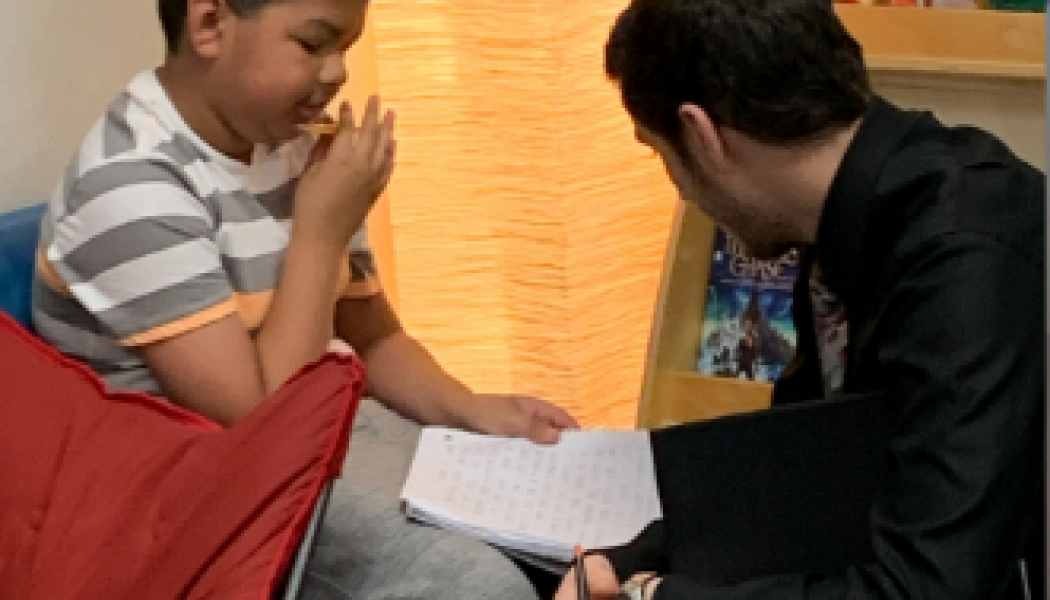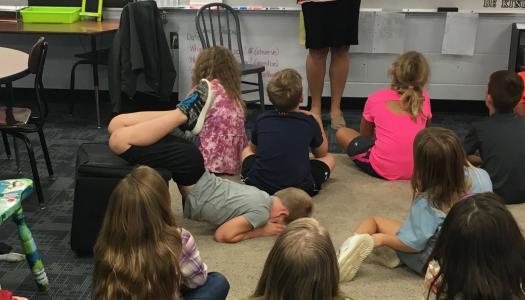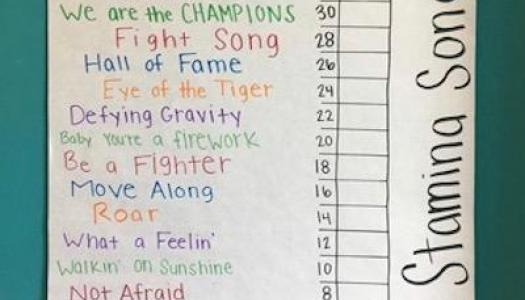Empowering Students Through Engagement Conferences

Join Our Community
Access this resource now. Get up to three resources every month for free.
Choose from thousands of articles, lessons, guides, videos, and printables.
As teachers, we know that engagement is the cornerstone of learning. Whether students are working independently, collaborating with peers, or participating in a whole-group lesson, their level of engagement can determine the depth and quality of their learning experience. But what happens when a student is off-task, distracted, or simply going through the motions? This is where engagement conferences come in—a powerful tool to help students identify their challenges, set meaningful goals, and take ownership of their learning behaviors.
What Are Engagement Conferences?
An engagement conference is a one-on-one meeting between a teacher and a student. The purpose is simple yet transformative: to help students reflect on their learning behaviors, pinpoint what’s holding them back, and create a plan to grow. These conferences are an opportunity to dig deeper into the “why” behind a student’s disengagement and provide targeted support to help them succeed.
Engagement conferences aren’t just about telling students what to fix—they’re about partnering with them. By working together to identify goals and strategies, we empower students to build the habits and skills they need for lifelong success.
Why Focus on Engagement?
When we think about goal-setting in the classroom, our minds often go straight to academic targets. But as Ross W. Greene reminds us in Lost at School, challenges—whether academic or behavioral—stem from “lagging skills and unsolved problems” (2014, p. 168). Engagement is no different.
Disengaged students often struggle with behaviors like avoiding tasks, giving minimal effort, or being easily distracted. These are not signs of defiance or laziness; they’re indicators of underlying challenges that need to be addressed. By treating engagement as a skill to be developed, we help students build the self-regulation and stamina they need to succeed—not just in school, but in life.
How Engagement Conferences Work
Engagement conferences are most effective when approached thoughtfully and intentionally. Here’s how you can implement them in your classroom:
- Observe and Take Note — Begin by paying close attention to students’ engagement behaviors during independent, collaborative, and whole-group activities. Use a framework like the Continuum of Engagement to identify patterns—are students disengaged, passive, or fully engaged? Take notes on specific behaviors, such as avoiding tasks, losing focus, or struggling to persevere.
- Initiate the Conference — When you notice a student who could benefit from additional support, schedule a brief one-on-one conference. Approach the meeting with curiosity and empathy—this is a chance to understand their perspective, not to reprimand.
- Focus on Behaviors, Not Labels — Use specific, observable behaviors as the foundation for your conversation. Instead of saying, “You’re not trying hard enough,” try, “I noticed that you were having a hard time staying focused during independent work today. Can we talk about what’s going on?”
- Set a Goal Together —Collaboratively identify one small, attainable goal for the student to work on. For example, if they struggle to get started on tasks, the goal might be, “Begin work within the first two minutes of independent time.” Keep the goal specific and actionable.
- Teach Strategies for Success — Help the student develop a plan to meet their goal. This might include strategies like using a checklist, setting a timer, or practicing mindfulness techniques to refocus. Be sure to model and practice these strategies together.
- Follow Up and Celebrate Progress — Engagement conferences are not a one-and-done event. Check in regularly with the student to review their progress, celebrate wins, and adjust goals as needed. Positive reinforcement goes a long way in building confidence and motivation.
The Impact of Engagement Conferences
By addressing engagement behaviors head-on, we create a classroom environment where students feel supported, empowered, and capable of growth. These conferences shift the narrative from “you’re not doing enough” to “let’s work together to help you succeed.”
When students take ownership of their engagement, amazing things happen. They build self-awareness, develop independence, and gain the confidence to tackle challenges head-on. And as teachers, we get to watch them grow—not just as learners, but as individuals.
The next time you notice a student struggling with engagement, consider holding an engagement conference. It might just be the turning point they need—and the moment you’ll look back on as a breakthrough in their journey.








